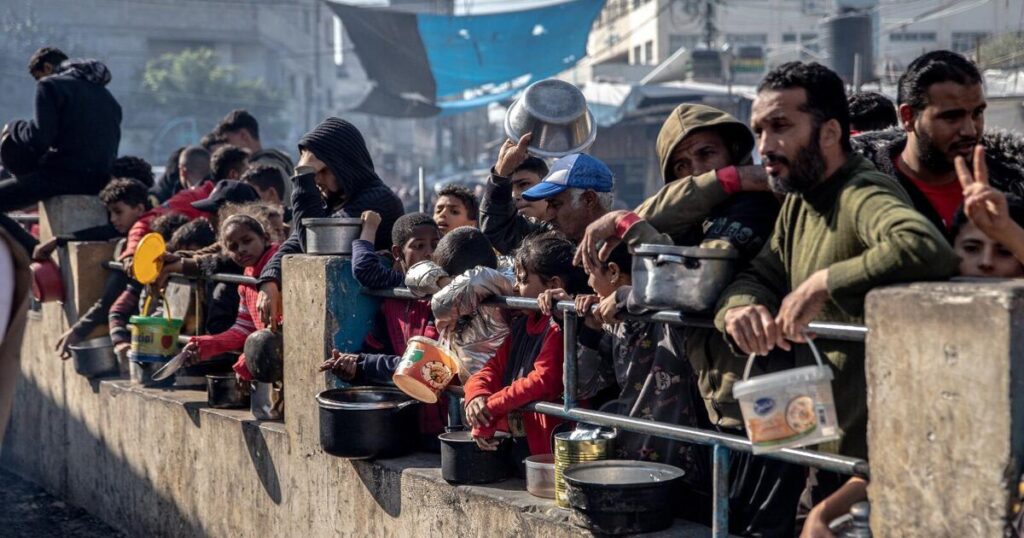Humanitarian Crisis: Gaza Faces Famine Amid Conflict
The United Nations has recently classified the dire situation in Gaza City and its nearby areas as a famine, which Secretary-General Antonio Guterres has characterized as a “failure of humanity.” This alarming declaration follows the Integrated Food Security Phase Classification (IPC) raising the food insecurity status in parts of Gaza to Phase 5 – the highest level indicating famine conditions.
According to the latest IPC report, over half a million individuals in Gaza are experiencing “catastrophic” conditions, which include severe hunger and mortality risks. The report has been rejected by Israel, which has claimed that conditions do not amount to starvation, a stance that contradicts the testimonies of various humanitarian agencies and numerous witnesses within the region.
The Unfolding Crisis
As the conflict continues, the IPC has warned that an emergency response is urgently needed to prevent further deaths related to famine. Projections indicate that by the end of September, nearly 641,000 people may find themselves in IPC Phase 5 conditions, while approximately 1.14 million may be categorized under IPC Phase 4 emergency conditions. Shockingly, malnutrition rates among young children are also expected to rise, threatening the lives of 132,000 minors under five years old by June 2026.
Reports from the Hamas-run health ministry in Gaza indicate that malnutrition has resulted in the deaths of at least 271 individuals, including 112 children, since the onset of the ongoing conflict.
| Condition | Estimated Population Affected |
|---|---|
| Catastrophic (IPC Phase 5) | 641,000 |
| Emergency (IPC Phase 4) | 1.14 million |
| Malnutrition Threat for Children (Under 5) | 132,000 |
Calls for Action
In reaction to the IPC findings, UN aid chief Tom Fletcher emphasized that the famine is entirely preventable, attributing the blockade of essential supplies to systematic obstructions by Israeli authorities. Guterres further underscored the moral implications of the situation, labeling it a man-made disaster that falls under the scope of international law obligations concerning humanitarian aid provision.
Volker Turk, the UN Human Rights Chief, pointedly noted that the famine is a direct result of actions taken by the Israeli government, which has enacted strict limitations on aid access. UK Foreign Secretary David Lammy echoed these sentiments, describing the situation as a “moral outrage” stemming from Israel’s refusal to adequately support Gaza.
Contrasting Perspectives
Israeli Prime Minister Benjamin Netanyahu disputed the characterization of conditions in Gaza by stating, “Israel does not have a policy of starvation,” and asserted that the Israeli government has facilitated the entry of two million tons of aid into the territory since the conflict began. In recent weeks, despite international pressure, Israel has launched air drops of humanitarian supplies, although these have drawn criticism for their ineffectiveness and safety concerns for civilians.
As the crisis deepens amid ongoing military action, the humanitarian situation in Gaza continues to be a focal point of global discourse, with calls for improved access to aid and urgent intervention growing ever louder.


